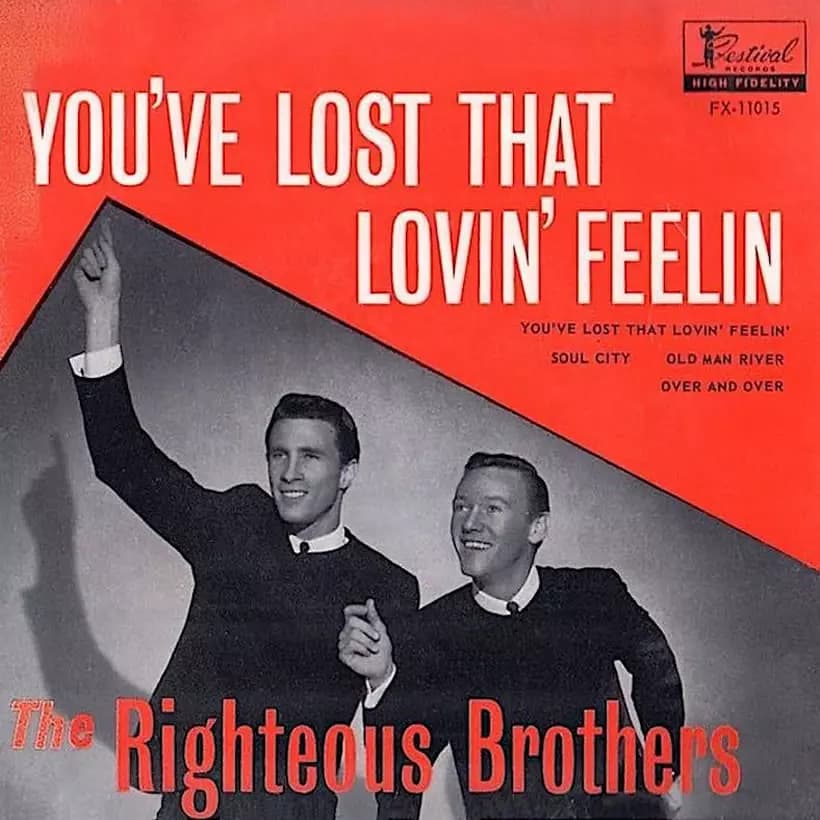
“You’ve Lost That Lovin’ Feelin’”, performed by the iconic The Righteous Brothers, stands as a monumental piece in music history. According to BMI music publishing, this unforgettable melody has the staggering claim of being played more times on American radio and television than any other song throughout the entire 20th century. With over 8 million plays from its release up until 2000, its enduring popularity is beyond dispute. It’s crucial to note that this figure accounts for all versions of the song, not solely The Righteous Brothers’ rendition.
The genesis of this masterpiece traces back to the husband-and-wife songwriting duo Barry Mann and Cynthia Weil. They were commissioned by Phil Spector, the legendary producer, who was desperately seeking a smash hit for the newly signed act on his Philles label — The Righteous Brothers. Originally, the title “You’ve Lost That Lovin’ Feelin’” served merely as a placeholder. However, Spector found the phrase perfectly evocative, and it remained.
The song’s crafting was nearly complete when Mann and Weil finalized it at Spector’s own home. There, Phil himself helped produce the now-famous bridge: “Baaaby… I need your love…”, an emotionally charged moment that seared itself into the hearts of millions. This collaboration birthed a song that wasn’t just a hit; it was destined to become a cultural phenomenon.
Upon release as the first single on the Philles label for The Righteous Brothers, the song skyrocketed to the #1 spot, marking the very first chart-topping success for both the duo and the songwriting team. Phil Spector’s signature “Wall of Sound” recording technique brought a rich and powerful depth to the track, imbuing it with a relentlessly captivating quality.
Music historians and critics have labelled this rendition as either “one of the best records ever made” or “the ultimate pop record.” Its emotional intensity, combined with the lush production and soulful vocals, make it a timeless anthem of lost love and yearning.
The lyrics themselves are hauntingly poignant. They speak to the gut-wrenching moment when love fades — “You never close your eyes anymore when I kiss your lips / And there’s no tenderness like before in your fingertips.” The song captures the heartbreaking plea of a lover desperately trying to revive a dying romance, culminating in the earnest cry: “Bring back that lovin’ feelin’… ’Cause it’s gone, gone, gone…”
As the song’s powerful strains continue to resonate across generations, its ability to stir deep emotions remains undiminished. Whether yearning for lost passion or reminiscing about tender moments, countless listeners, especially the mature and seasoned among us, find in this melody a reflection of their own stories of love won and love lost.
In the words of the creators and participants themselves, Barry Mann stated, “Phil’s vision and the raw emotion built into this song made it unique. We didn’t expect it to become a legend, but it did.” Meanwhile, Phil Spector reminisced, “The moment we finished that bridge, I knew we had something extraordinary. It’s not just a song — it’s an experience.”
This unforgettable tune stands not only as an artistic achievement but as a dramatic testament to the power of music to capture the fragility and passion of the human heart.